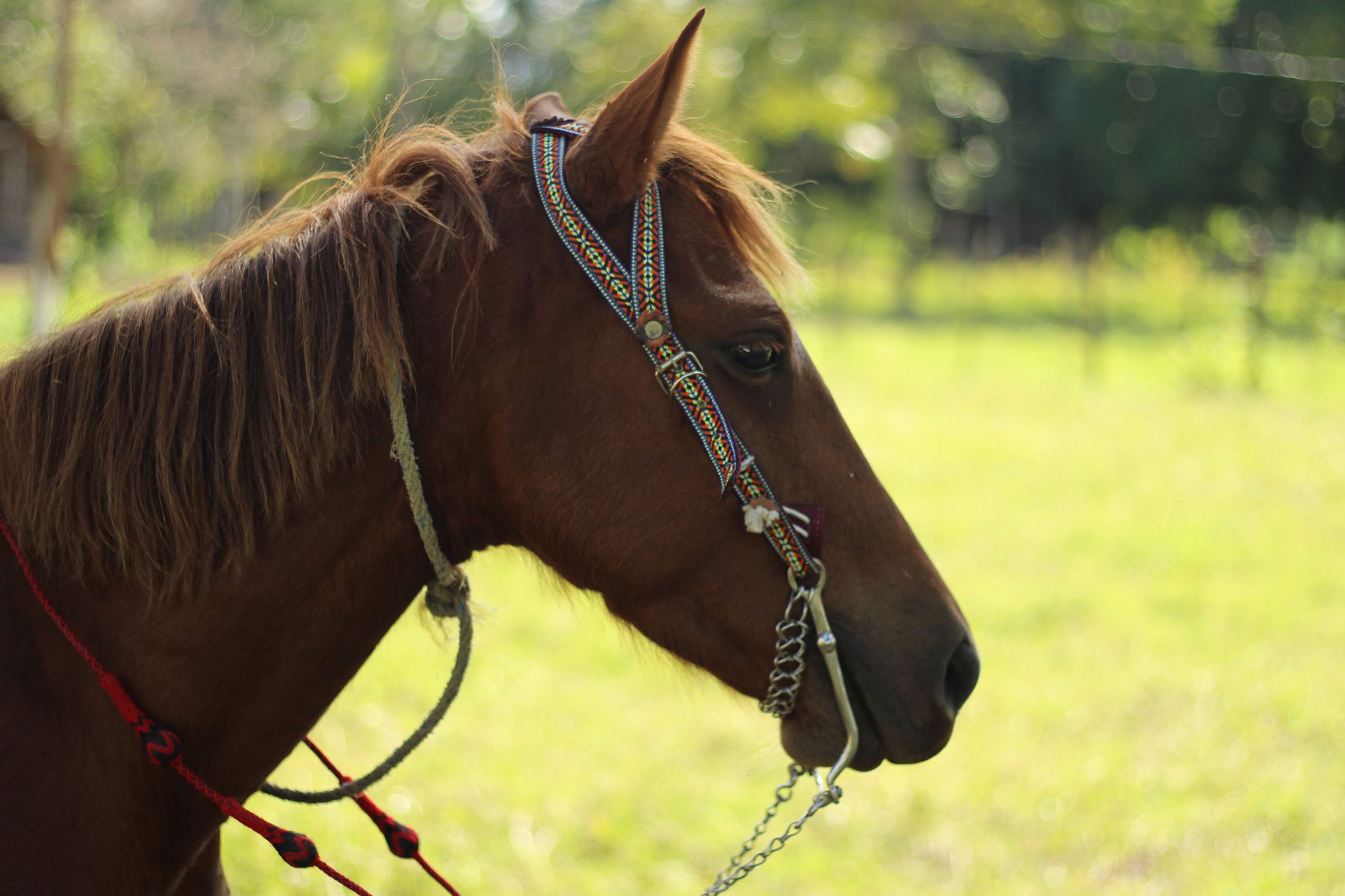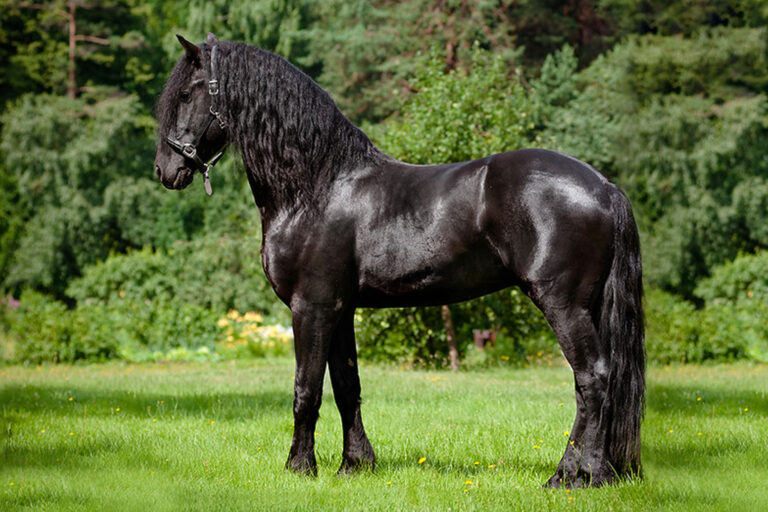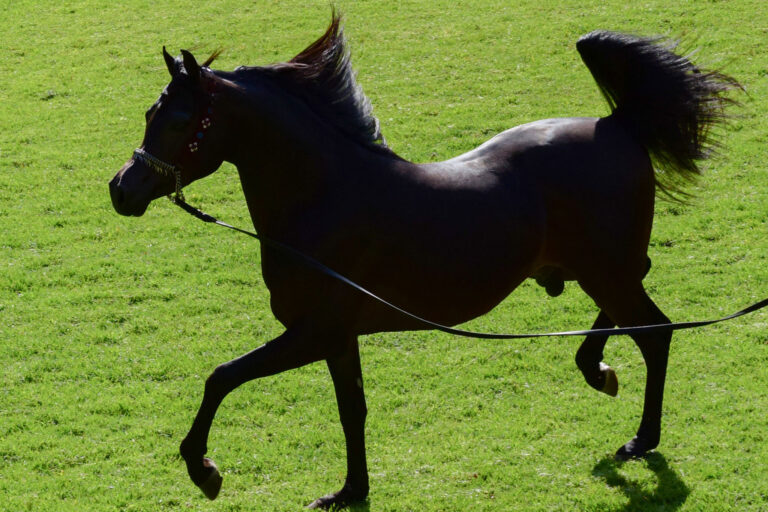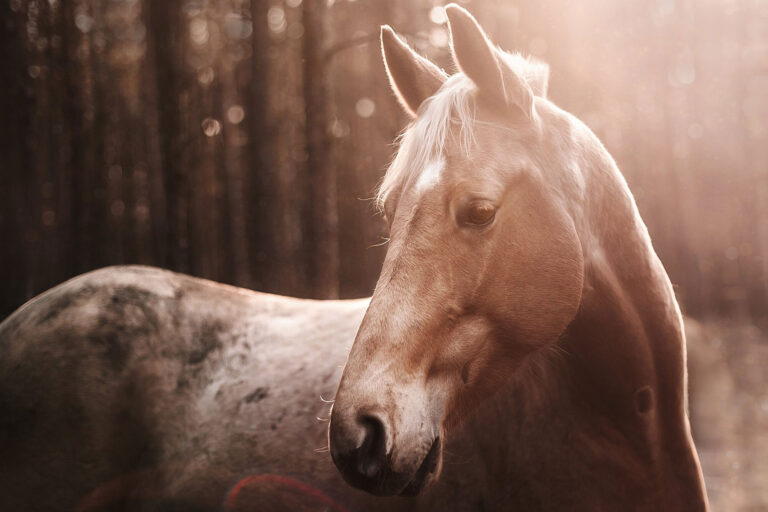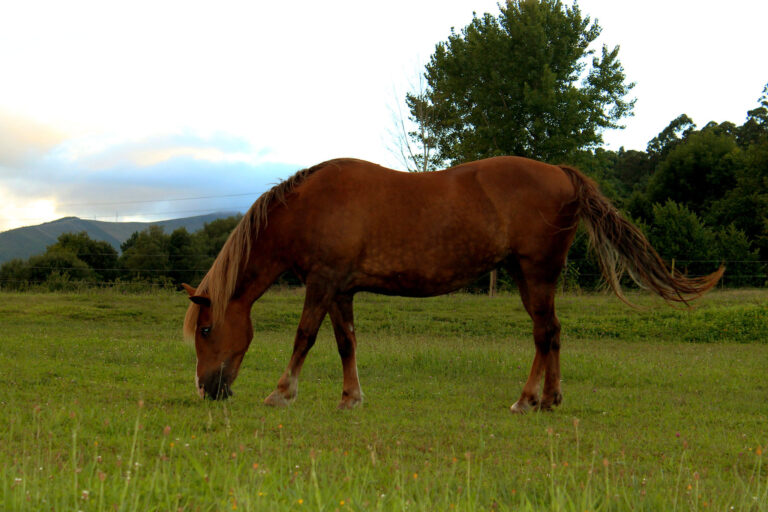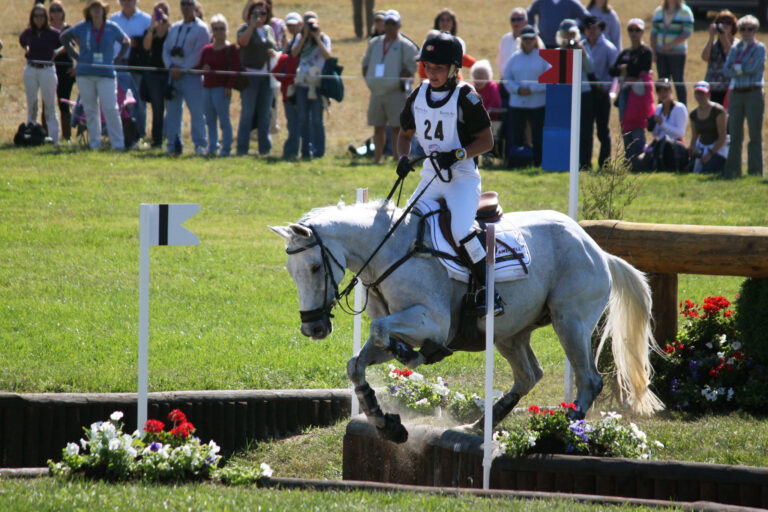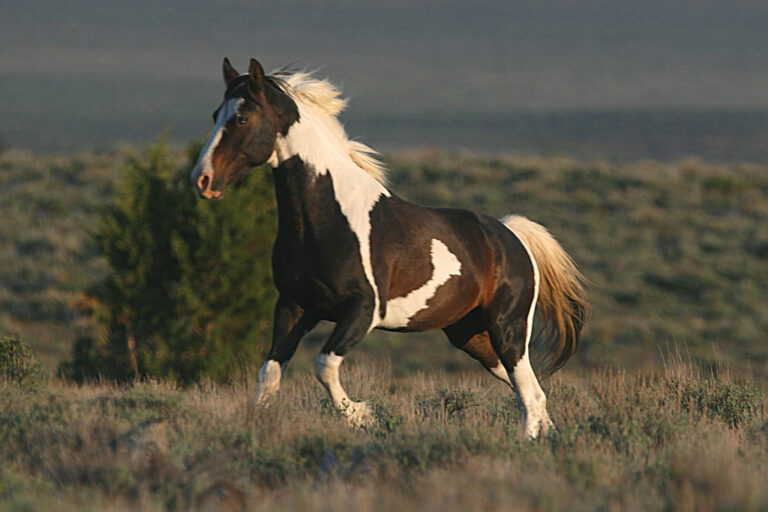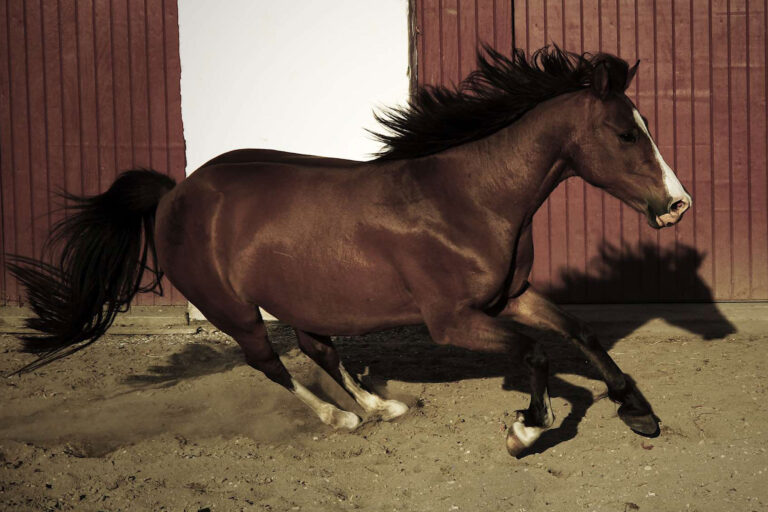In the vast expanse of the equine world, understanding the language of horses extends far beyond mere words. Just as we seek happiness and contentment, so too do our equine companions. Recognizing the signs of a happy horse is not only crucial for their well-being but also enriches our bond with them. In this exploration, we’ll delve into eight key indicators that your horse is experiencing happiness and contentment in their life with you.
1. Relaxed Body Language: The Language of Ease
A happy horse speaks volumes through their body language. A lowered head, soft eyes, and ears positioned loosely to the side or slightly forward signify a state of relaxation and contentment. A horse at ease will stand with weight evenly distributed on all four legs, exuding a sense of calm in their environment. By observing these cues, you gain a glimpse into your horse’s emotional world and their overall happiness.
2. Playfulness and Engagement: Joy in Motion
Happiness in horses often manifests as playfulness and engagement with their surroundings. Watch for moments of frolic in the pasture, playful head tosses, or gentle nips exchanged with pasture mates. These playful interactions are indicative of a horse experiencing joy and contentment in their environment. Encouraging and participating in these moments of play fosters a deeper connection and mutual happiness between you and your horse.
3. Healthy Appetite: Nourishing Joy
An appetite for life begins with a healthy appetite for food. A happy horse eagerly approaches meal times with enthusiasm, displaying a hearty appetite for nutritious sustenance. Their well-maintained weight and glossy coat are visible reflections of their happiness and proper care. Monitoring your horse’s eating habits provides valuable insights into their overall health and well-being, ensuring they receive the nourishment they need to thrive.
4. Contentment in Social Interactions: Bonds of Happiness
Social interactions play a vital role in a horse’s happiness. A content horse finds joy in grooming sessions and peaceful grazing alongside herd mates. Seeking out human companionship, they relish grooming sessions and bonding activities with their human partners. Observing your horse’s behavior in social settings offers a window into their emotional state and the strength of their bonds, both equine and human.
5. Willingness and Cooperation: Enthusiastic Partnership
A happy horse eagerly embraces training sessions and other activities with a positive attitude and willingness to cooperate. They approach tasks with enthusiasm, responding to cues and commands with eagerness. This willingness stems from a place of enjoyment in mental stimulation and physical activity, reinforcing their happiness and strengthening the bond between horse and handler.
6. Relaxed Respiratory Rate and Vital Signs: The Rhythm of Happiness
Monitoring vital signs provides valuable insights into your horse’s happiness and overall well-being. A happy horse exhibits a relaxed respiratory rate, with steady breaths indicative of a calm and content state. Their heart rate and body temperature remain within normal ranges, reflecting their comfort and happiness in their environment. Regular monitoring of these vital signs ensures your horse’s continued happiness and health.
7. Vocalizations and Expressions of Contentment: Communicating Joy
Horses communicate their emotions through vocalizations and expressions, including happiness. Soft nickers and whinnies express contentment and satisfaction, while relaxed ears, soft eyes, and a relaxed jaw further convey their happiness. Understanding your horse’s vocalizations and expressions deepens your connection with them, fostering mutual understanding and happiness.
8. Overall Well-being and Vibrant Demeanor: The Essence of Happiness
Ultimately, a happy horse embodies overall well-being and a vibrant demeanor. They exude energy and vitality, with a zest for life evident in their every movement. Strong muscles, healthy hooves, and a shiny coat reflect their physical health and happiness. Engaging eagerly with their surroundings, they explore with curiosity and joy, embracing the fullness of their existence.
Recognizing the signs of a happy horse is not merely about their physical well-being but also about understanding their emotional world. By observing their body language, interactions, and vocalizations, we gain valuable insights into their happiness and contentment. Nurturing these signs of happiness strengthens our bond with our equine companions, fostering a relationship built on trust, understanding, and mutual happiness. So, take the time to connect with your horse, listen to their cues, and celebrate the joy they bring into your life.

Being a Senior Veterinarian with a focus in Surgical Oncology, Dr. Stephen Burton brings a wealth of knowledge and commitment to his job. His rise to prominence in veterinary medicine began in academia and continued to the forefront of clinical care innovation.
Subscribe my Newsletter for new blog posts. Stay updated from your inbox!

